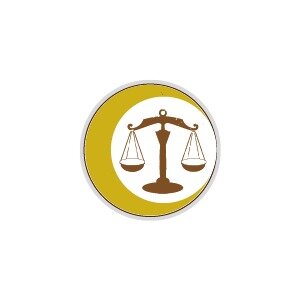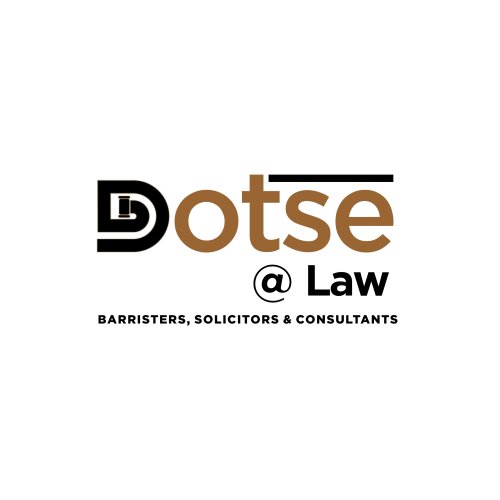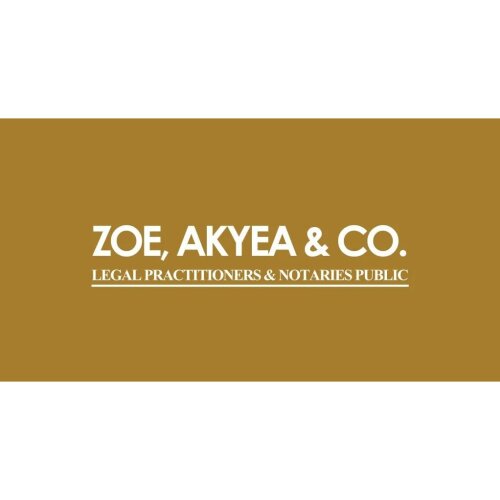Best Criminal Litigation Lawyers in Ghana
Share your needs with us, get contacted by law firms.
Free. Takes 2 min.
Or refine your search by selecting a city:
List of the best lawyers in Ghana
About Criminal Litigation Law in Ghana
Criminal litigation in Ghana pertains to the legal processes involving individuals or entities accused of committing criminal offenses, guided by the country's criminal law statutes. This litigation encompasses various stages, including the investigation, charging, trials, and appeals. The Constitution of Ghana, 1992, along with the Criminal Offenses Act, 1960 (Act 29), and the Criminal Procedure Code, 1960 (Act 30), form the backbone of criminal law in the country. Ghana’s legal system combines elements of English common law with customary law, reflecting a rich tapestry of historical and indigenous influences.
Why You May Need a Lawyer
Individuals may require legal assistance in criminal litigation for various reasons. Common situations include being accused of a crime, being arrested, facing police interviews, or being summoned to court. A lawyer aids in understanding the charges, advising on legal rights, assessing the legality of investigation procedures, and developing defense strategies. Seeking legal representation ensures one's rights are protected throughout the legal process, and can significantly impact the outcome of the case.
Local Laws Overview
Criminal litigation in Ghana is governed primarily by the Criminal Procedure Code, 1960 (Act 30), and the Constitution of Ghana, 1992. These laws establish procedural rules for criminal proceedings, define various offenses, and outline the rights of the accused and the responsibilities of law enforcement. Key aspects include the presumption of innocence, the right to a fair trial, and standards for evidence admissibility. Additionally, the Judiciary Act, 1960 and the Roles of Judges and Magistrates Act address the organization of courts and judicial responsibilities. Understanding these laws is crucial for navigating criminal proceedings in Ghana.
Frequently Asked Questions
What is the role of a defense lawyer in criminal litigation?
A defense lawyer advocates on behalf of the accused to ensure legal rights are upheld, assess evidence, and provide strategic defense aimed at securing acquittals or reduced sentences.
How do bail applications work in Ghana?
Bail allows a suspect to be temporarily released from custody until trial. Bail applications are evaluated based on the suspect's history, crime severity, and likelihood of appearing for trial.
What rights does a suspect have under Ghanaian law?
Suspects have various rights under Ghanaian law, including the right to legal counsel, the right to remain silent, the right to be informed of charges, and protection against unlawful detention.
Are police required to have a warrant to make an arrest?
Typically, police need a warrant to arrest an individual, unless the situation involves the commission of an offense in the presence of police, or the suspect is fleeing, among other exceptions.
What is the standard of proof in criminal trials?
The standard of proof is "beyond a reasonable doubt," requiring the prosecution to establish the accused's guilt with a high degree of certainty.
Can a decision in a criminal case be appealed?
Yes, both the prosecution and defense can appeal verdicts, sentences, or procedural issues, provided there are legal grounds for the appeal.
How long can someone be detained without charge?
Typically, individuals can be detained for up to 48 hours without formal charges, after which they must be released or brought before a court.
What is the difference between a felony and a misdemeanor in Ghana?
Felonies are serious crimes like murder or robbery, carrying harsher penalties, while misdemeanors are less severe offenses with lighter sentencing.
How is juvenile crime handled in Ghana?
Juvenile crime is addressed separately, focusing on rehabilitation. The Juvenile Justice Act governs procedures for minors under 18 and emphasizes their welfare.
Do I need a lawyer for a minor offense?
Although minor offenses may seem straightforward, legal advice is beneficial to understand rights, navigate procedures, and avoid unwarranted consequences.
Additional Resources
For further assistance, consider reaching out to the Legal Aid Scheme, the Ghana Bar Association, or the Attorney-General's Department. These institutions provide information, advice, and representation in criminal matters. Additionally, local non-governmental organizations (NGOs) often offer support and advocacy services for various legal issues.
Next Steps
If you need legal assistance in criminal litigation, begin by consulting with a qualified lawyer specialized in criminal law. They can offer tailored advice and representation. It is vital to carefully select a lawyer based on their experience and track record in criminal litigation. Ensure you maintain all relevant documents and correspondences, and follow professional guidelines and advice to safeguard your interests effectively throughout the legal process.
Lawzana helps you find the best lawyers and law firms in Ghana through a curated and pre-screened list of qualified legal professionals. Our platform offers rankings and detailed profiles of attorneys and law firms, allowing you to compare based on practice areas, including Criminal Litigation, experience, and client feedback.
Each profile includes a description of the firm's areas of practice, client reviews, team members and partners, year of establishment, spoken languages, office locations, contact information, social media presence, and any published articles or resources. Most firms on our platform speak English and are experienced in both local and international legal matters.
Get a quote from top-rated law firms in Ghana — quickly, securely, and without unnecessary hassle.
Disclaimer:
The information provided on this page is for general informational purposes only and does not constitute legal advice. While we strive to ensure the accuracy and relevance of the content, legal information may change over time, and interpretations of the law can vary. You should always consult with a qualified legal professional for advice specific to your situation.
We disclaim all liability for actions taken or not taken based on the content of this page. If you believe any information is incorrect or outdated, please contact us, and we will review and update it where appropriate.
Browse criminal litigation law firms by city in Ghana
Refine your search by selecting a city.











